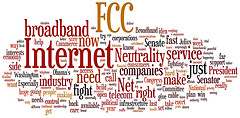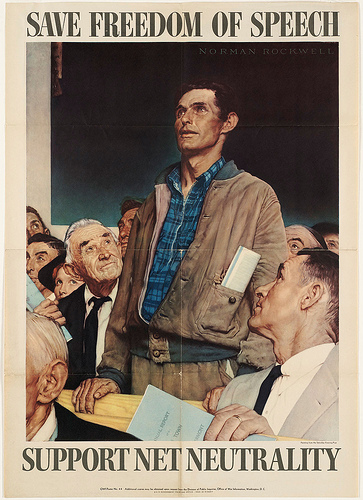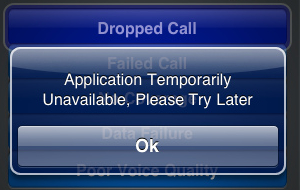Net Neutrality
Net Neutrality Rules: Illogical logic governs what ISPs can block
Is the gatekeeper model of information access the new normal?
The FCC's Net Neutrality Rules: A tale of two internets
September Newsletter: Success stories, challenging AT&T, and Blogworld 2011
New Media Rights files Reply Comments in the AT&T - T-mobile merger review at the California Public Utiltities Commission
New Media Rights files Petition to Deny the AT&T - T-mobile Merger at the FCC
New Media Rights at the National Conference for Media Reform
Tim Wu on communication monopolies, net neutrality and the future of new media
Pages
Learn about our legal services for: App Developers, Artists & Graphic Designers, Bloggers & Journalists, Clothing Designers, Entrepreneurs, E-commerce Business People & Startups, Filmmakers & YouTube creators, Public Broadcasting producers,Game Developers, Internet users & Smartphone users, Makers, Musicians, Non-Profits, Photographers, Scholars, Researchers, and Writers and Publishers.









